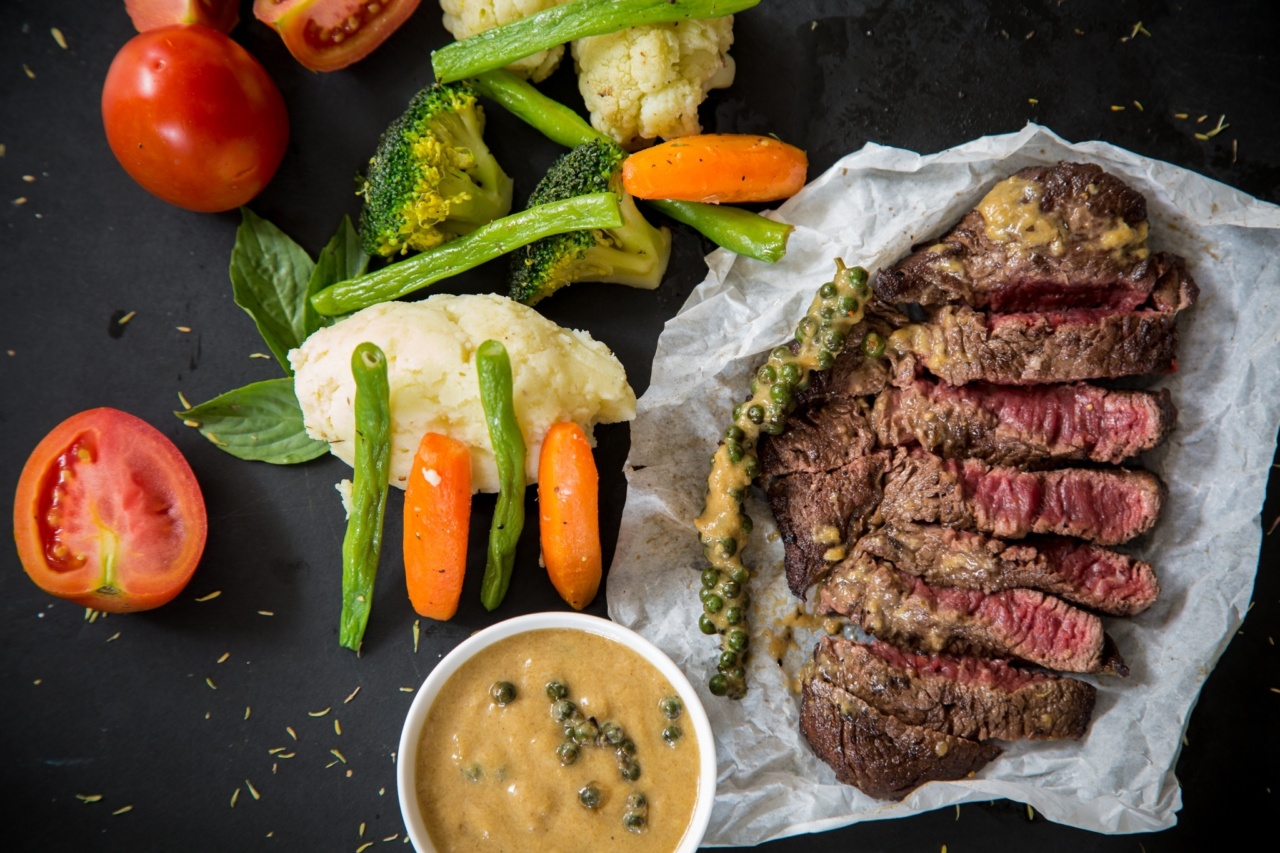Inflammation is a natural defense mechanism of the body that helps protect it from injuries and infections. It is characterized by redness, swelling, heat, and pain in the affected area.
While inflammation is a necessary process for healing and fighting off pathogens, excessive or chronic inflammation can have detrimental effects on the body.
Protein Triggers of Inflammation
Several proteins play crucial roles in triggering and regulating the inflammatory response. These proteins can be categorized into two main groups: pro-inflammatory and anti-inflammatory proteins.
Pro-inflammatory Proteins
Pro-inflammatory proteins are responsible for initiating and amplifying the inflammatory response. They include:.
1. C-reactive Protein (CRP)
CRP is a highly sensitive marker of inflammation and is produced by the liver in response to various cytokines, particularly interleukin-6. Elevated levels of CRP are often observed in acute and chronic inflammatory conditions.
2. Tumor Necrosis Factor-alpha (TNF-α)
TNF-α is a cytokine that plays a critical role in promoting inflammation. It is produced by various cells, including macrophages and T cells, and stimulates the production of other pro-inflammatory cytokines and chemokines.
3. Interleukin-1 (IL-1)
IL-1 is a group of pro-inflammatory cytokines that contribute to the development and progression of inflammation. IL-1 triggers the production of other cytokines, such as IL-6, and promotes the recruitment of immune cells to sites of inflammation.
4. Interleukin-6 (IL-6)
IL-6 is a multifunctional cytokine that regulates immune responses and inflammation. It is produced by a variety of cell types, including immune cells and stromal cells, and is involved in the acute phase response.
5. Interleukin-8 (IL-8)
IL-8 is a chemokine responsible for recruiting neutrophils, a type of white blood cell, to the site of inflammation. It also plays a role in promoting angiogenesis, the formation of new blood vessels.
Anti-inflammatory Proteins
Anti-inflammatory proteins act as regulators of the immune response, dampening inflammation and promoting tissue repair. Some important anti-inflammatory proteins include:.
1. Interleukin-10 (IL-10)
IL-10 is a potent anti-inflammatory cytokine that inhibits the production of pro-inflammatory cytokines, such as TNF-α and IL-1. It also suppresses the activation and function of immune cells involved in inflammation.
2. Transforming Growth Factor-beta (TGF-β)
TGF-β is a cytokine with diverse functions, including anti-inflammatory effects. It helps regulate the immune response by inhibiting the production and activity of pro-inflammatory cytokines and promoting tissue repair.
3. Interleukin-4 (IL-4)
IL-4 is an anti-inflammatory cytokine that is mainly produced by T cells. It suppresses the production of pro-inflammatory cytokines and promotes the differentiation of immune cells towards an anti-inflammatory phenotype.
4. Annexin A1
Annexin A1 is a protein involved in the resolution of inflammation. It acts by inhibiting the migration and activation of immune cells, reducing the production of pro-inflammatory mediators, and promoting the clearance of apoptotic cells.
Conclusion
The balance between pro-inflammatory and anti-inflammatory proteins is crucial for maintaining health and preventing chronic inflammation. An imbalance in these proteins can lead to the development of inflammatory diseases.
Understanding the protein triggers of inflammation is essential for developing targeted therapies to regulate and control inflammation.






























